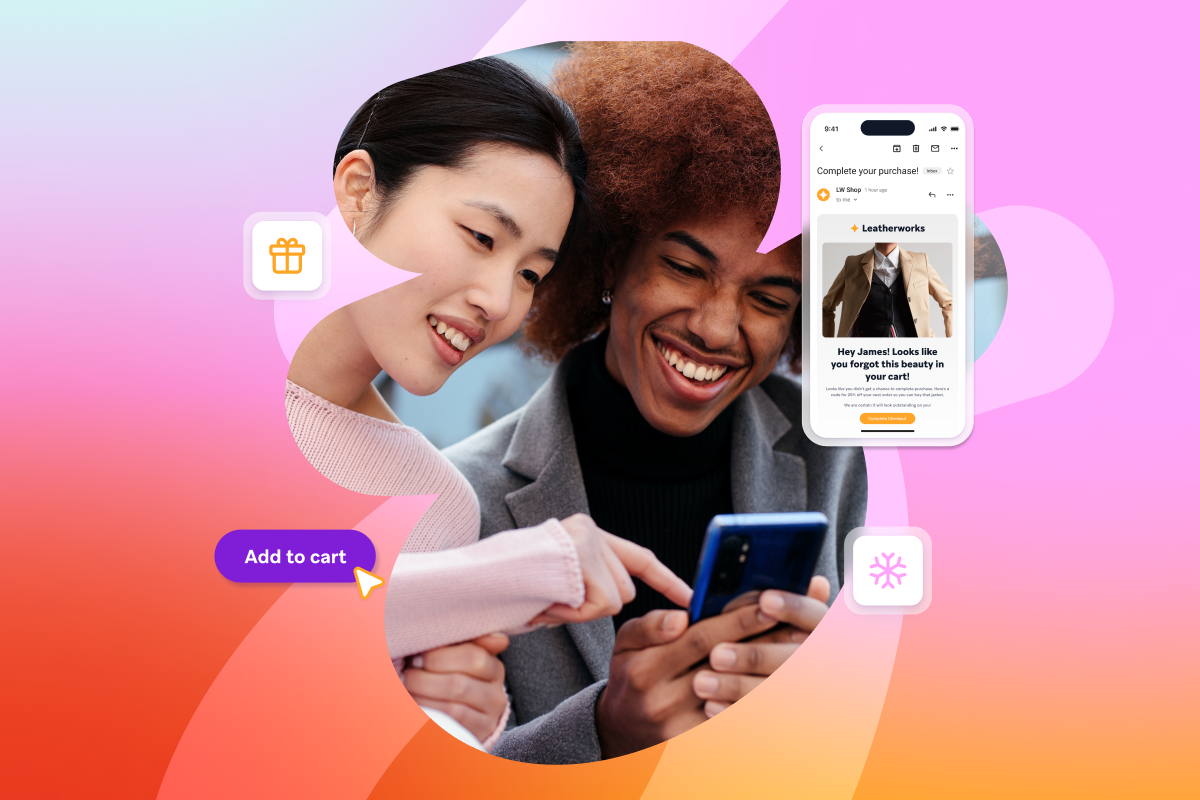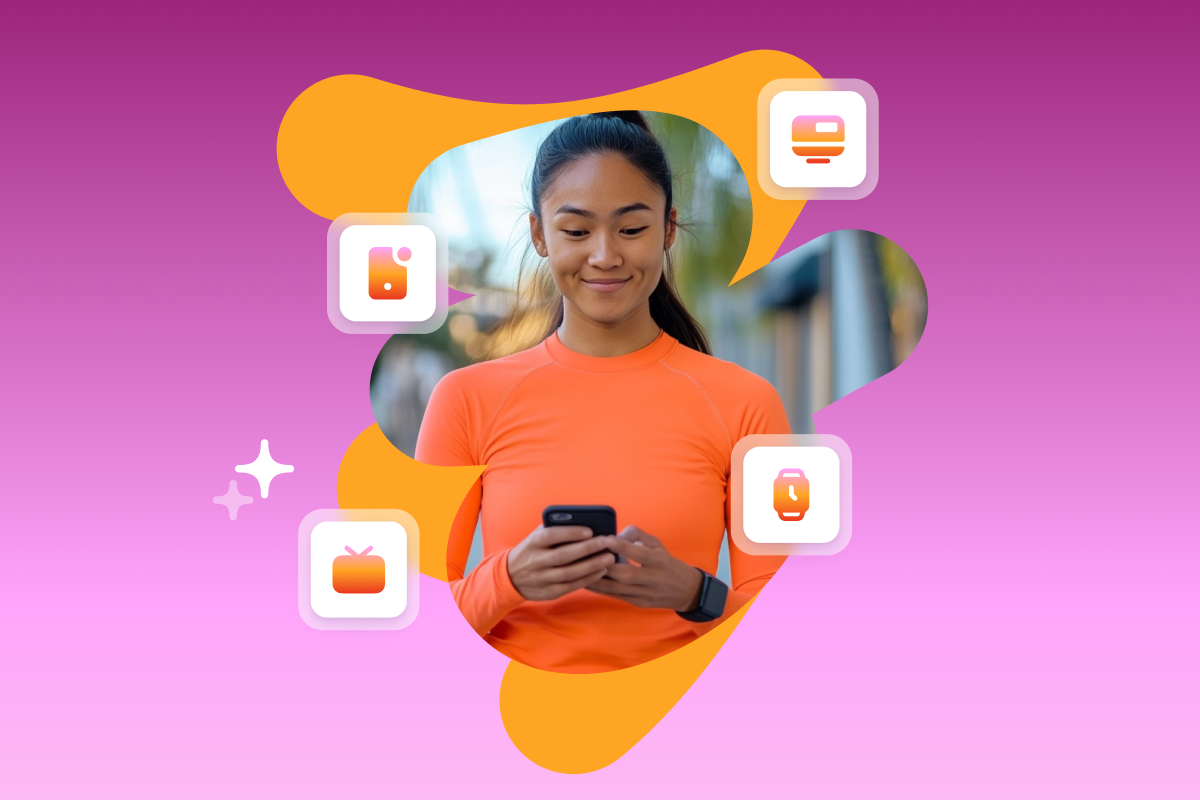Where’s This Push Notification Taking Me?
Published on January 31, 2017/Last edited on January 31, 2017/3 min read


Todd Grennan
Managing Editor, Content Marketing at BrazeDear reader: This blog post is vintage Appboy. We invite you to enjoy the wisdom of our former selves—and then for more information, check out our new Cross-Channel Engagement Difference Report.
We’ve all had it happen. One minute you’re enjoying an app or browsing a website, having a positive experience, and the next something happens that undermines all those good feelings. No marketer wants to cause that kind of reaction, especially when the mistake is preventable. Thankfully, Relate’s here to help you avoid repeating other marketers’ mistakes. Read on for this week’s Unforced Marketing Error!
When you put together a truly great promotional push notification, you know it—that’s because a great promotional push resonates with the people who receive it, leading them to take action. But while it’s understandable that marketers focus on how to craft better and better promotional push notifications, too many are neglecting the next step, which can be just as important.
What happened
Late last year, an Appboy employee downloaded a travel app after seeing it featured on Apple’s App Store. The app had a really nice onboarding flow, effectively encouraging him to investigate the prices of different potential trips during that initial session and getting him to come back for two more sessions during the first two weeks after download. But then—as often happens—he drifted away.

After a week without a session, the app sends him a push notification letting him know that it had used his initial searches to create a customized itinerary for him. Intrigued, he tapped the message… and found himself dumped on the app’s main page, with no idea how to find the customized itinerary. He hasn’t used the app since.
Why it happened
When the travel app used a push notification to re-engage this particular lapsing user, it worked—at first, anyway. Our team member read the message, then took the desired action by tapping the notification. But even though the message promised a valuable, personalized experience within the app, the way it brought him back to the app undermined that promise by triggering a standard app-open—where the user is brought to the app’s main page—instead of to the specific experience highlighted in the push.
How to keep it from happening to you
If you’re going to send a message to your users that promises a specific experience—for instance, access to an ongoing sales or personalized recommendations—you need to ensure that you can drive them right from the message to the relevant part of your app or website. And that means using deep linking.
Deep linking makes it as easy for marketers to include links in their messages to specific in-app pages as it already is to link them to relevant webpages. Not only will that make your customers’ messaging experience more valuable and less confusing, taking advantage of deep linking can also bolster your brand’s engagement, conversions, and long-term retention.
Related Tags
Releated Content
View the Blog
Holiday Email Deliverability: Tips and Tricks from Braze Experts

Team Braze

Destination Inbox: Navigating the Modern Landscape of Email Deliverability

Alison Gootee

Know Your Push: Understanding the Different Push Notification Devices and How to Use Each Effectively
